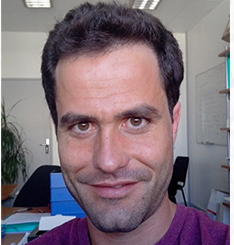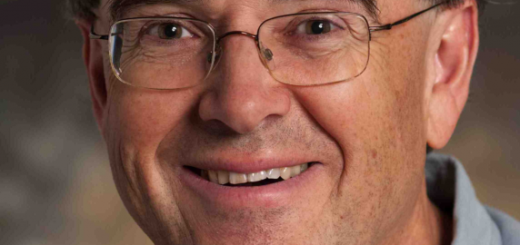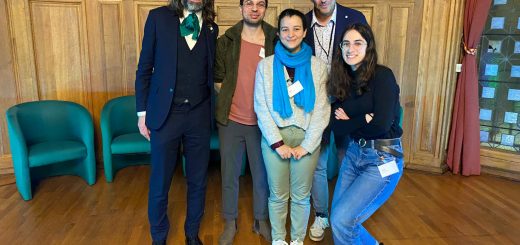Elias Ventre, The University of British Columbia
A theory of trajectory inference for time-courses of gene expression data
A core challenge for modern biology is how to infer the trajectories of individual cells from population-level time courses of high-dimensional gene expression data. Birth and death of cells present a particular difficulty: existing trajectory inference methods cannot distinguish variability in net proliferation from cell differentiation dynamics, and hence require accurate prior knowledge of the proliferation rate. In this talk, I will first present a method for trajectory inference from time-courses of scRNA-seq datasets, based on regularized optimal transport, which offers rigorous theoretical guarantees when birth and death can be neglected or are known prior to the observation. I will then show how recent CRISPR-based measurement technologies, by giving access to the lineage tree describing shared ancestry within a population of cells, allow to disentangle proliferation and differentiation without any prior knowledge. Death and/or subsampling may nevertheless introduce a bias in the inferred trajectories, that can be described explicitly and seems inherent to these lineage tracing data.



